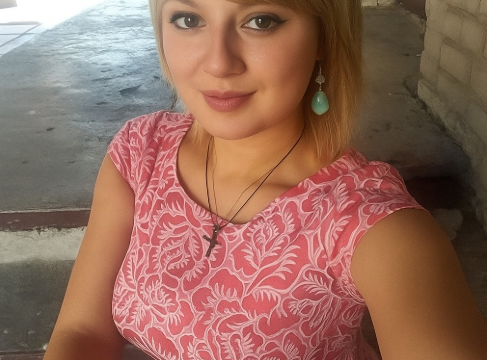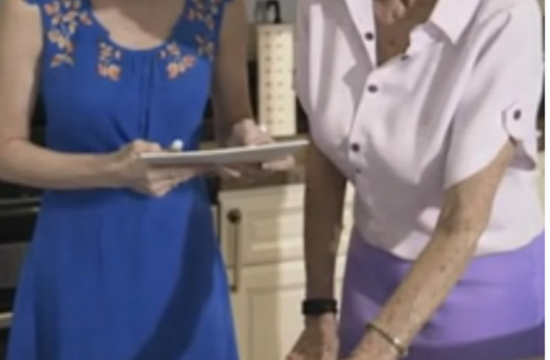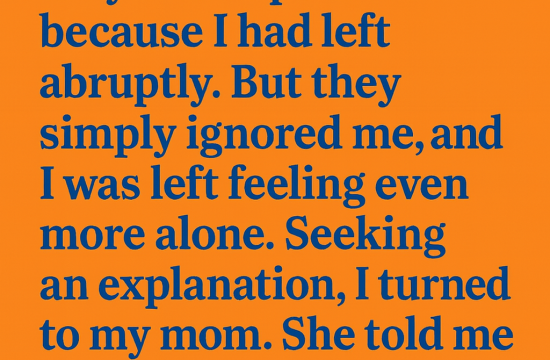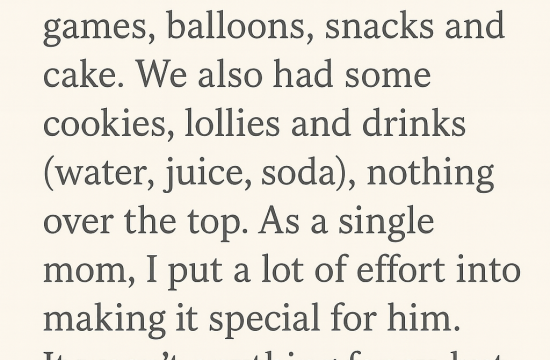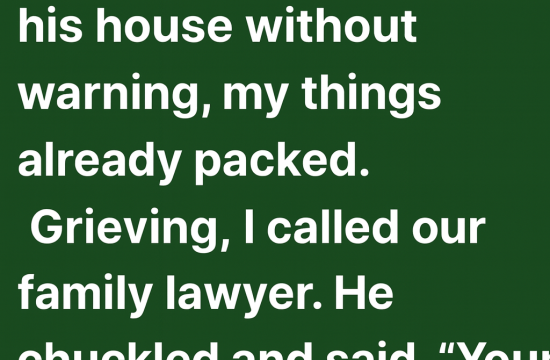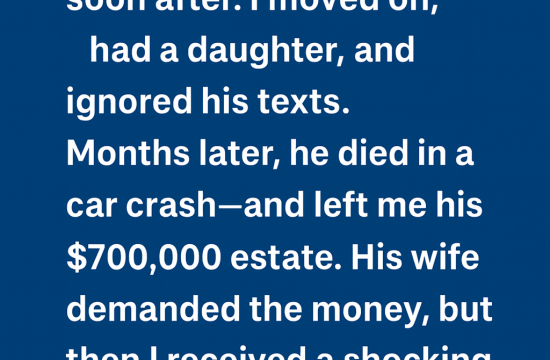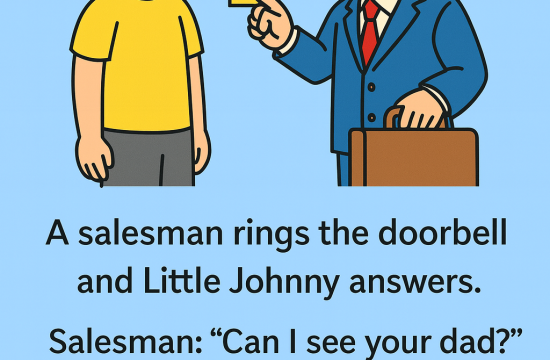Working under my father’s shadow at his company was daunting.
His name commanded respect in every room. Mine still felt like an echo.
So when he praised my latest project during a board meeting, I nearly blushed. For a moment, I felt like I had earned my place—not as his daughter, but as a professional in my own right.
Then came the sting.
A board member, Martin, chuckled and smugly revealed a detail about my work that even I didn’t know. The prototype had been significantly altered—without my knowledge or approval.
Laughter died in the room. Silence fell. My confidence cracked.
The walls seemed to close in around me as questions fired off like bullets. Did I not know what was happening in my own department? Had I misled the board? Was I just a figurehead?
My voice trembled as I defended myself, outlining the steps I took, the documentation I submitted. But doubt hung heavy in the air, thick and unforgiving.
I left that meeting with my head high, but my heart in pieces.
I couldn’t sleep. I couldn’t eat. I couldn’t let this slide.
So I got to work—not just to clear my name, but to understand how this happened. Late nights turned into early mornings. I poured over emails, timelines, and engineering notes. I double-checked every modification log, every signature, every revision request.
Nothing added up.
My father, noticing the toll it took, suggested a break. “Clear your mind,” he said. “Let it breathe.”
But I couldn’t walk away. I needed answers.
Eventually, I found refuge in the quiet library near our house—an old, sunlit place filled with mahogany shelves and dusty memories. It reminded me of childhood, when books were my sanctuary and every problem could be solved with a story.
There, tucked between archived contracts and forgotten blueprints, I found it.
A single, altered document. Falsified signatures. Timestamped proof of tampering. It was subtle, but damning.
I felt a wave of relief and fury collide.
With evidence in hand, I called for an emergency board meeting. When I presented the file, the room fell silent again—but this time, it was a different kind of silence. One filled with shame, recognition, and a growing sense of respect.
I didn’t just expose the fraud—I told the story of my journey. I spoke about responsibility, about trust, and about the danger of assumptions. I asked not for punishment, but for process reform—to build a team culture rooted in transparency, collaboration, and mutual respect.
It wasn’t a speech. It was a statement of identity.
Even my father looked at me differently—no longer the girl trying to follow in his footsteps, but a leader forging her own.
The board approved a complete audit of team practices. Training programs were implemented. Whispered doubts were replaced by quiet admiration. Trust was being rebuilt, brick by brick.
Martin, the board member who once undermined me, approached me weeks later.
“I misjudged you,” he admitted. “You handled this better than most would.”
We spoke for an hour, not as opponents, but as professionals. He even offered to mentor me—an unexpected gesture of goodwill that reminded me change was possible.
Back at my desk, I found a sealed envelope marked Confidential. Inside was a handwritten note:
“Leadership is forged in fire. You stood tall when it mattered. Keep building. Keep believing.”
No name. Just a silent supporter. But it meant the world.
Months passed. Our department’s morale rose steadily. Innovation returned. Numbers improved. And when the fiscal year closed, our projections surpassed expectations.
At the annual awards gala, our team was honored. Cameras flashed. Trophies gleamed. Applause echoed. I stood beside my father as we accepted the award.
Later, he leaned close and said with quiet pride, “The shadow we bear is lighter… because it shelters one another’s light.”
It was the most beautiful thing he’d ever said to me.
That night, I understood: I didn’t escape my father’s shadow. I redefined it. I used it as a foundation, not a prison. And now, I was ready to cast a shadow of my own—one that others could grow under, thrive in, and one day surpass.
Because real leadership isn’t about proving others wrong.
It’s about making space for others to shine.


